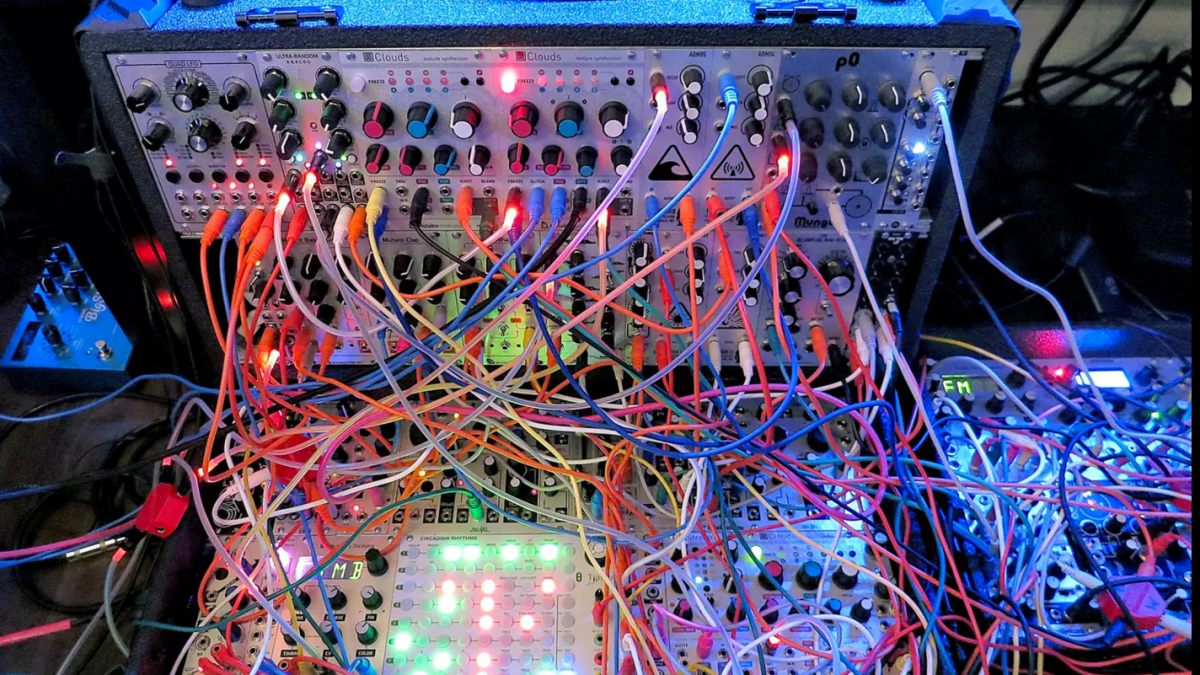So, let’s assume that I’ve been toying around with the idea that I want to go all analog. And when I say “all analog” I mean everything. Which of course, made for a fun mental exercise.
If I were to go all analog, what are actual replacements for all the digital things in my life?
Photographs? Recipes? News articles? Contacts? Receipts? Letters? Journals? Writing snippets? Playing music? Recording music? Reading books?
If I were to go completely analog, it would require a bit of work, true. But there are still plenty of analog solutions out there:
- Lomography sells vintage-style 110 film cameras, and film to go with them
- Rolodex still sells card catalogs (as do other companies)
- Index cards and holders are plentiful
- Letters, paper, and envelopes (and pens) are all still available
- They make small desktop-style filing cabinets for receipts and things
- They of course still sell journal notebooks and such
- For long-form writing, there’s still typewriters around
- Analog music? Records are making a comeback
- Need to get a cassette deck too, I think. Tapes are still available
- Not sure if walkmans are still around, but they should be
- Calendar/planners still exist
- Board games and card games too, of course!
- And for twitchy-games, pinball machines!
I think the biggest challenge to going all analog would be how to convert what you already have into analog format. Could probably print some of it (photographs, index cards, etc.) to get started. The problem is it’s easy to get analog into digital, but very time-consuming to convert digital to analog, by nature of the format. Can’t instantly convert music onto cassettes. Can’t import your calendar into a planner.
Realistically, if one were to completely start over and only convert over what you needed, it wouldn’t be that bad, really. Hardest part would be getting a typewriter in good shape (or buying a cheap backup).
The second biggest challenge would be “where do I put all this stuff?” It doesn’t really jive with minimalism. Because a smartphone or tablet can perform the function of numerous devices (in fact, almost all of those mentioned above) it reveals that the digital lifestyle is good for one thing: physical decluttering. BUT… it trades that physical single device with mental clutter, which is even worse for people like me.
They do make more compact analog alternatives now, which is nice. You can get a tiny 110 film camera instead of a huge 35mm. You can get a good walkman (with a radio) instead of a big cassette deck. A small manual typewriter instead of a big ol’ IBM Selectric.
One of my goals if I stick with digital things in some areas is to simplify them. The biggest problem with the “digital lifestyle” is that it spreads your information everywhere, and is entirely controlled by other companies. I want to centralize and simplify my digital information creation and organization. I’ve written very little about making my own cloud server, because it was a huge hassle to set up, and I want to go to something simpler.
All I really need from a cloud storage solution is (obviously) saving files, and some sort of notes/filing system that’s more organized than just folders. I’ve used Evernote, Keep, ownCloud, OneNote, and numerous other organizational data services. I don’t really like any of them.
Digital Declutter?
By now I’m sure you might have realized, all this analog stuff would just replace what I’m already using. Except for social media, you can have a cluttered life (and brain!) with all analog stuff, too. Which brings me to my conclusion:
It’s not the digital stuff’s fault that my brain is cluttered.
Ultimately, going all analog won’t fix my cluttered brain. In fact, going all analog might actually make my mental clutter worse.
So… what do I do? What’s my solution?
It starts with getting rid of everything I don’t use.
Next, I scale back the things I am using to just the essentials.
Then, I selectively choose what to combine, add back in, or eliminate, based on what I need to get done.

